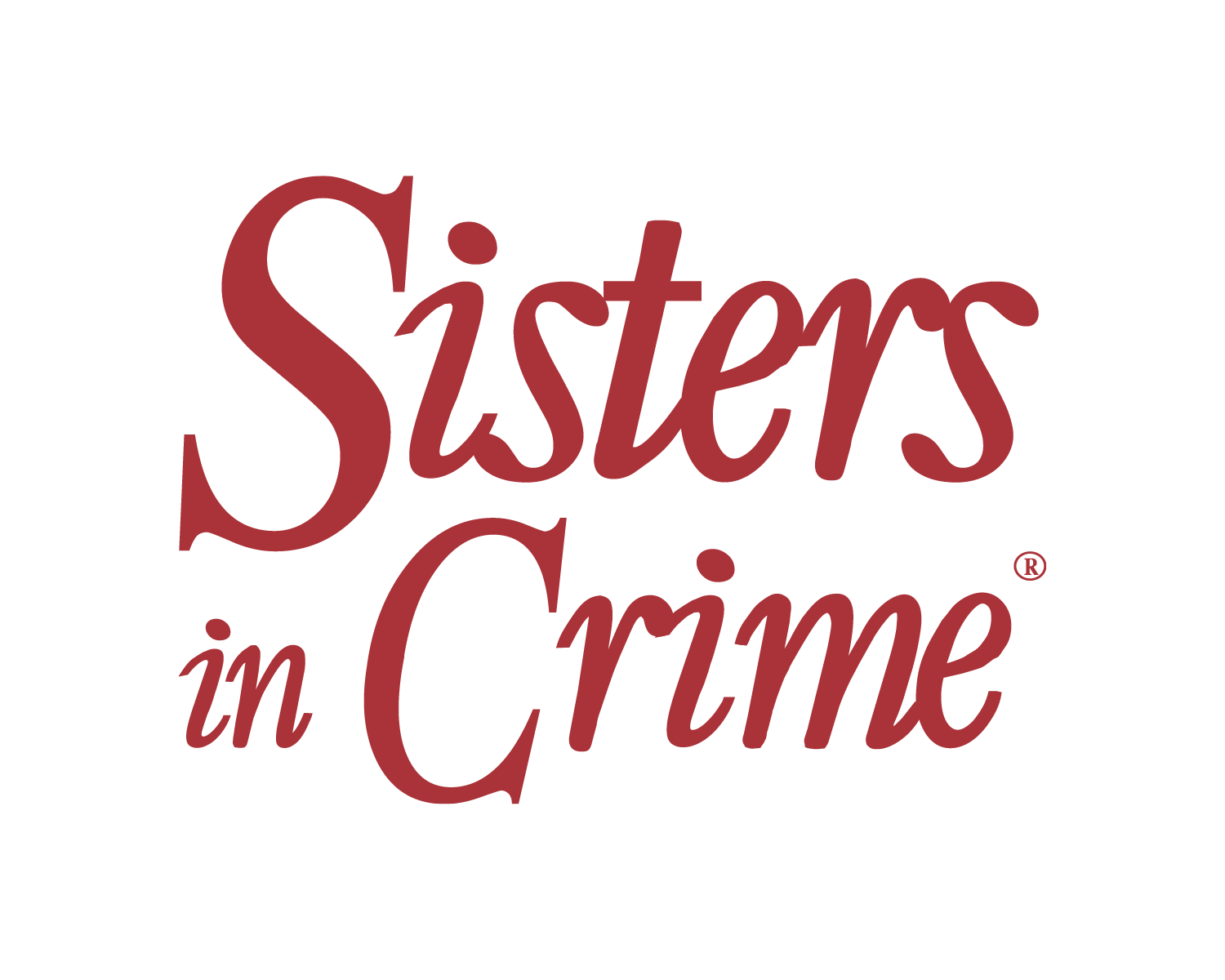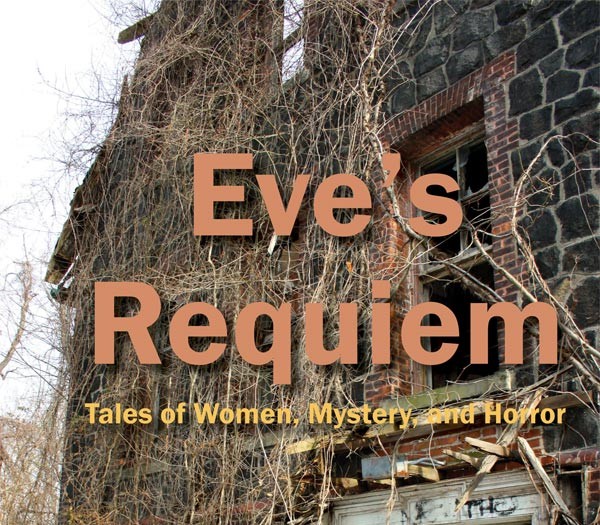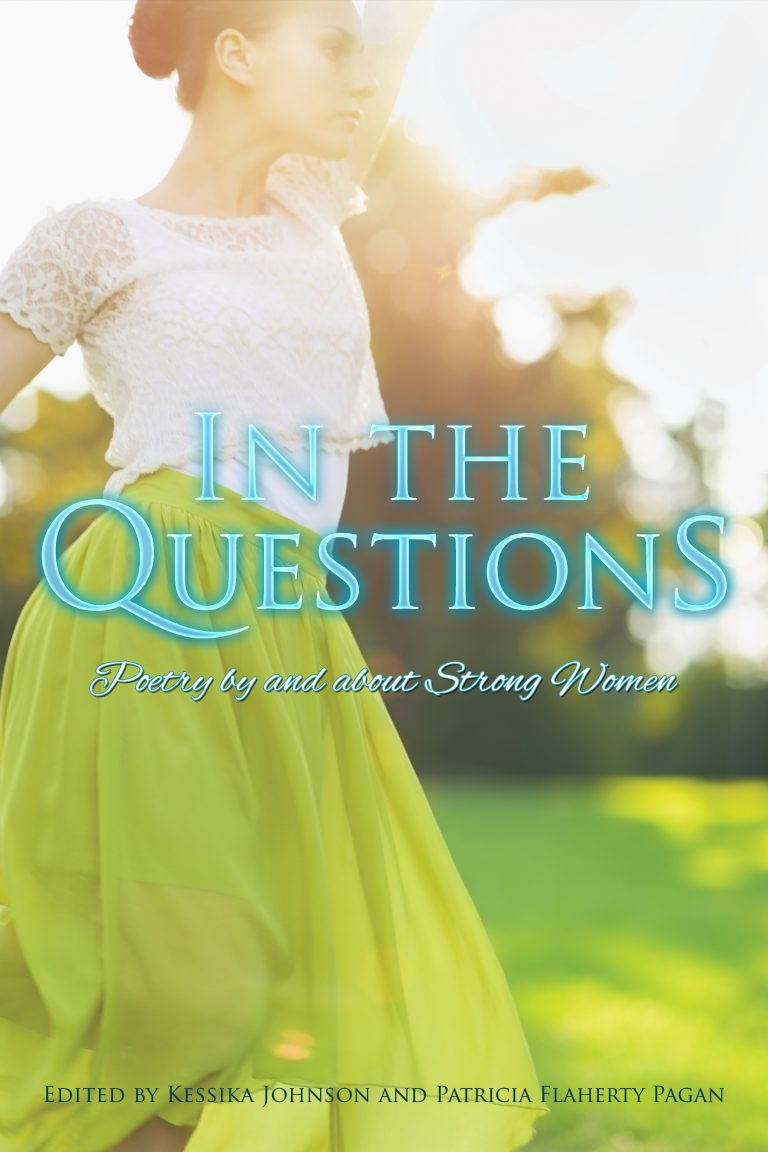
I enjoy school. I tend to understand the rules of going to school: if you attend class and work hard, and don’t have to battle a learning disorder, you do relatively well. If you think outside the box, and write or read something a little different, you don’t do as well, but once you hit university there is a general academic respect for thought and writing. Even odd writing shows effort, which is less flashy than talent, but wins you grudging respect over time. Effort often goes unrecognized in other realms. Over the years, I have become a big fan of amassing academic credits and, if I had the money, I would probably study until my eyesight faded.
I liked school so much that I briefly thought I might want to be a public school teacher. Unfortunately, that’s even more difficult than it looks. Teaching takes patience and stamina that make marathon runners look like wimps. And thanks to a bizarre tendency in some Americans to think that the adage “you get what you pay for” relates to shoes but not schools, young teachers get to work a second job. It’s always fun to bartend or tutor at night so that you can have the privilege of giving one hundred and ten percent to educate American kids all day long. Teachers who are willing to do this, it turns out, are nicer than I am.
Yet the lure of academia never fades. One of my favorite advantages to attending various universities is that universities attract smart people. In them, I meet students and professors who recommend new writers and foreign films and weird, brown and yellow foods that tastes surprisingly good. I love this! The only problem with academia is the supremacy of what a core group of academics, editors and publishing industry types dub “literary fiction.” When I was younger, this generally meant books by dead white guys, but happily that is shifting. Ever sooo slowly. As long as they don’t write mystery, science fiction or horror, some writers of color can gradually sneak into this category.
The disadvantage to “literary” circles is that you have to ferret out the readers who understand that, once in a rare while, a book is so bad that it’s good. Melodramas have their moments. Now I’m not talking about a predictable vampire book peopled with whiny teens expecting boys to save them (ahem). However, deep down inside, when I’m not using words like “impervious,” listening to Billie Holiday and worrying about the ongoing consequences of trickle down economics, I love The Thorn Birds. That’s right, that fat, cheesy book that went on to become an even cheesier mini-series with the androgynous looking Richard Chamberlain. I see a tiny gem of wonder in this sweeping romance set on foreign shores because it completely transports the American reader to a new world. Science fiction and fantasy novels do the same thing, and their popularity endures.
I should hate The Thorn Birds. I loved it when I was fourteen and, thankfully, my reading life has matured. McCullough over-does her prose and uses ten words when three would do. She glosses ever instances of colonialist misunderstanding and all but erases the presence of aboriginal people in the general area where she set her book. Worse still, the book romanticizes the sexual lives of Catholic priests. In some archdioceses, like the one that I grew up in, these sexual lives were not so romantic.
Yet there is something about the setting, the sweeping nature of the novel and its illicit romantic premise that make me love to hate it. Tales of star-crossed lovers, like hot dogs, can be enjoyable if you don’t think about them too much. Nostalgia is certainly part of it. Some women remember Flowers in the Attic or Go Ask Alice (spoiler-not a real diary!) with the same embarrassed affection.
So, I admit it. I secretly kind of love it. And upbeat Kelly Clarkson pop songs. Don’t tell my writer friends.



